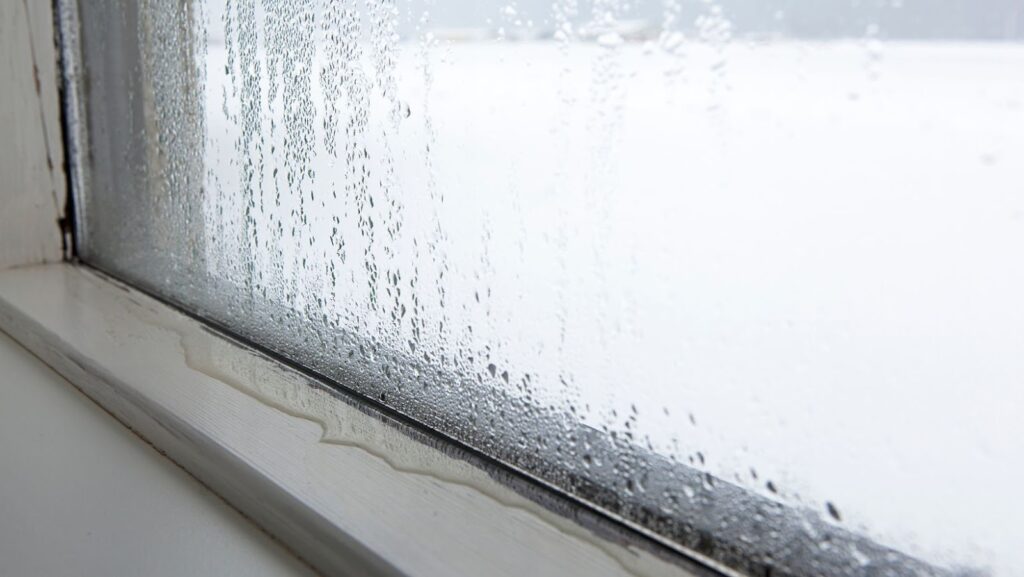
Humidity can have a significant impact on our health, both physically and mentally. Too much humidity can lead to dehydration, while too little can cause respiratory problems. Maintaining a healthy level of humidity is essential for keeping our bodies functioning properly.
There are a few simple ways to control the humidity in your home. Using a humidifier or dehumidifier can help to regulate the level of humidity, as well as using an air conditioner or heater. Keeping your home clean and free of dust will also help to reduce the amount of allergens in the air.
If you suffer from allergies, asthma, or other respiratory problems, it is especially important to control the humidity in your home. Maintaining a healthy level of humidity can help to reduce the symptoms of these conditions and make your home more comfortable for everyone.
how to reduce humidity in house without dehumidifier
1. Open windows to allow fresh air in and help circulate the air
2. Get a fan – either a standing fan or a ceiling fan – to help circulate the air and reduce humidity levels
3. Use a dehumidifier if necessary – make sure to empty the water tank regularly
4. Check for leaks in your home and fix them as soon as possible to stop humidity from entering
5. Plant trees near your home to create shade and reduce the amount of moisture in the air
Causes of humidity in the house
1. Wet weather – When it rains or snows, the air outside is more humid than usual. This can cause the humidity level in your home to increase.
2. Houseplants – Houseplants release moisture into the air as they grow. This can increase the humidity level in your home, especially if you have a lot of plants.
3. Cooking – When you cook, the moisture from the food escapes into the air. This can cause the humidity level in your home to increase.
4. Bathing – When you take a shower or bath, the steam from the water increases the humidity in your bathroom. This can cause the humidity level in your home to increase.
5. Humidifiers – Humidifiers release moisture into the air. This can cause the humidity level in your home to increase.
6. Leaks – Leaks in your home can allow humid air to enter and increase the humidity level inside.
7. Poor ventilation – If your home is not well ventilated, the air inside can become stale and humid.
How to reduce the humidity in your home
1. Use a dehumidifier – Dehumidifiers help to remove moisture from the air, reducing the humidity level in your home.
2. Ventilate your home – Good ventilation helps to circulate the air and prevent the build-up of humidity.
3. Use a fan – Fans help to circulate the air and reduce the humidity in your home.
4. Keep your home clean – Dust and dirt can absorb moisture from the air, increasing the humidity in your home. Keeping your home clean will help to reduce the amount of dust and dirt in the air.
5. Check for leaks – Leaks can allow humid air to enter your home and increase the humidity level inside. Check for leaks in your home and fix them as soon as possible.
6. Plant trees – Trees can help to reduce the amount of moisture in the air by creating shade and absorbing water from the ground. Planting trees near your home can help to reduce the humidity in your home.
7. Use an air conditioner – Air conditioners help to remove moisture from the air, reducing the humidity in your home.












